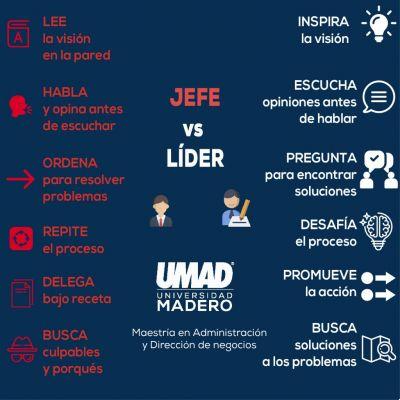Leaving the victim role is an aspect that holds great power in the restructuring process after a traumatic experience. Do you want to know what it is? We talk about it in this article.

Last update: Augusts 19, 2020
Victims of a traumatic experience suffer great suffering. In some cases, we too, with our attitudes, contribute to their victimization causing them further pain. That is why it is important to become aware of them and help them find the strength to abandon the role of victim, and thus accelerate the healing process.
More than anything else, it is a question of embarking on a path of transformation in which the traumatic experience does not define the victim. Succeeding is possible, even if it is not at all easy.
In this article we explain what it consists of and how to do it. We will also talk about resilience as a powerful tool for leaving the victim role.
Abandon the role of victim by weakening the traumatic experience
According to the Treccani Institute, the victim is "whoever succumbs to deception and bullying by others, suffering oppression, damage, or in any case being persecuted and oppressed". The damage can be physical, psychological, social and material.
In any case, it interferes in one or more areas of the person's health. You can be a victim in a variety of ways; for example: due to a natural disaster, rape, psychological assault or armed conflict, etc.
All these events can cause fatalities; individuals who after the painful or traumatic experience will find themselves living with damage or pain. This experience will remain associated with thoughts, emotions and behaviors which, if maintained over time, risk becoming a problem.
To abandon the role of victim means to stop feeling this way in order to regain control of one's life. It means providing the person with the resources that allow them not to stagnate in victimization. In other words, do not identify with the role of the victim, nor take advantage of it or exaggerate one's condition. Sometimes the victims build their narratives starting from the condition in which they find themselves, ceasing to show themselves and see themselves beyond this role.
By this we do not mean that the victim wishes to maintain this position consciously. Sometimes the persistence of this state is linked to the fear associated with the event experienced or to the fact that the surrounding environment continues to see the person as such and want to protect them.
Leaving the victim role requires a targeted intervention model for the individual to overcome his condition. But for this to happen, we need to dwell on the how and why. Furthermore, it is a process that can be carried out by working on oneself with or without support, focusing, above all, on the responsibility of taking care of oneself.
How to abandon the role of victim
To begin, it is the victim who must want to abandon this role. One of the first steps, therefore, is to recognize self-victimization. This allows you to see things from another perspective and act accordingly. Let's see how:
- Recognize emotions to understand how they manifest and gradually take control of them. To do this, we need to practice self-knowledge so that we know who we are and where we are going.
- Get rid of the masks. It is necessary to meet your most genuine self to adopt an approach that goes beyond the situation that led us to be victims.
- Recognize self-destructive thoughts to stop them and get out of cognitive stagnation.
- Put aside passive attitudes and take action. The basic idea is to take back control of your life.
It is also always advisable to adopt a different, sweeter perspective from which to start showing ourselves for who we really are and use our resources to protect ourselves and others. After all, it is a question of rebuilding oneself.
It is not an easy job, but it is possible to cope with it successfully, little at a time. To do this, we will have to deal with our emotional, social, physical and spiritual universe. Let's not forget that health is an integral aspect and that taking back control of your life means taking care of yourself.
The power of resilience
Resilience can be cultivated. Thanks to it, it is possible to empower the best that is in us. It consists in the ability to overcome problems, or to face them. It affects all areas of human development, therefore it is influenced by our biology and the environment.
We can use several strategies to strengthen resilience. For example, through narratives and art we create communication channels that allow us to show and understand what happens to us. We can also undertake group or individual psychotherapy. And even use augmented reality.
When we are resilient, we can see obstacles as life lessons. Thus, we disengage from the role of victim and begin to construct new narratives that add lighter meanings to our experience. Leaving the victim role favors a more authentic encounter with others and with oneself.
In addition to this, resilience is useful in building narratives that represent a world full of teachings and new landscapes. All of this confers new meanings, which go beyond the traumatic experience. A wonderful way to overcome it.


























